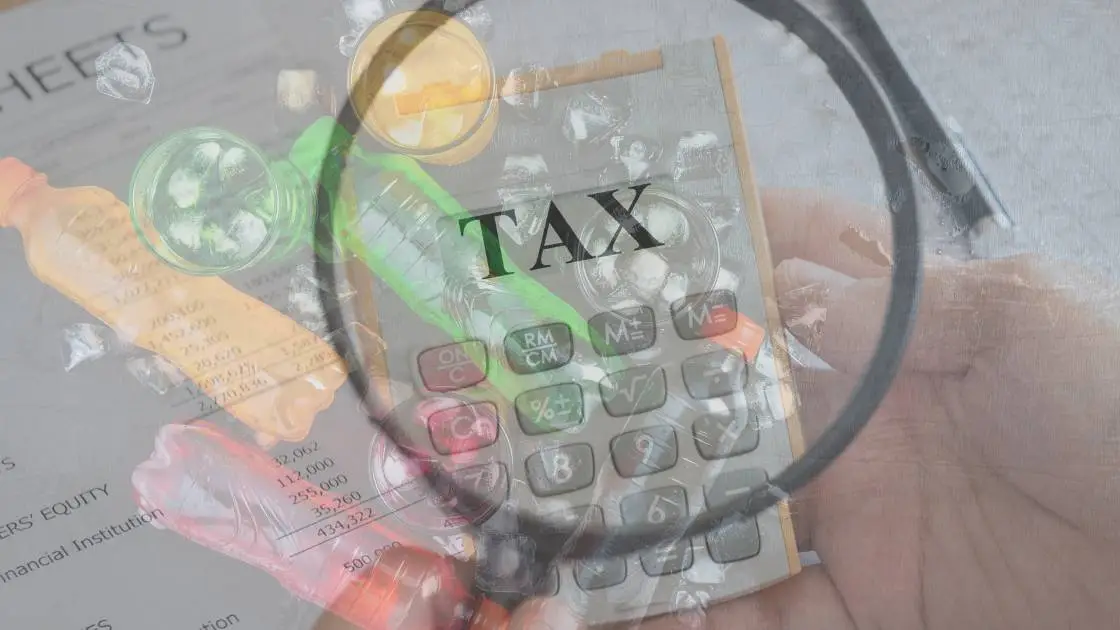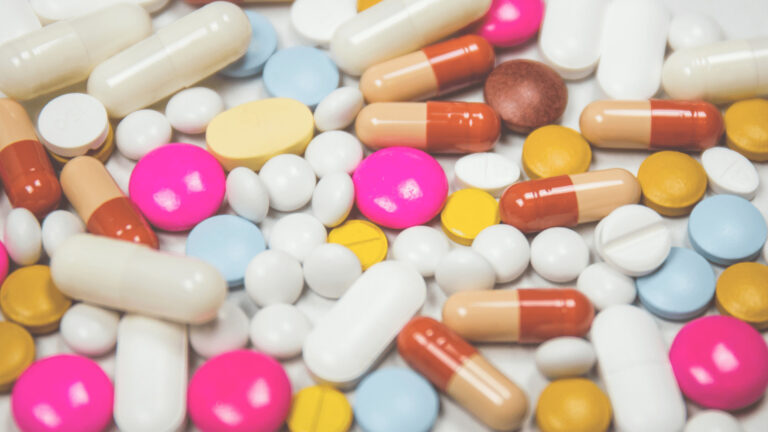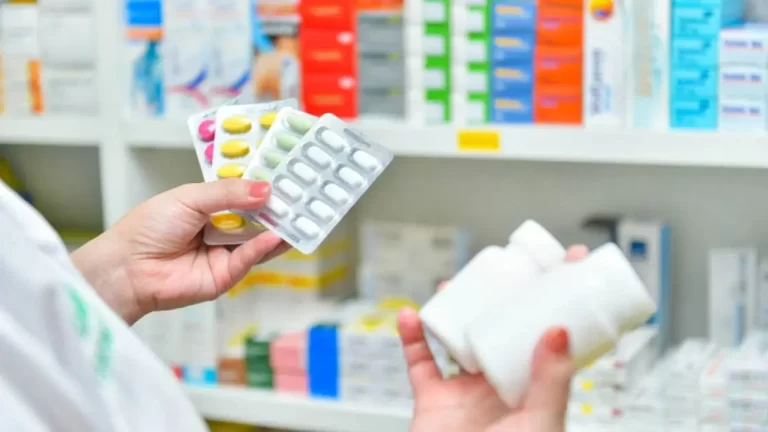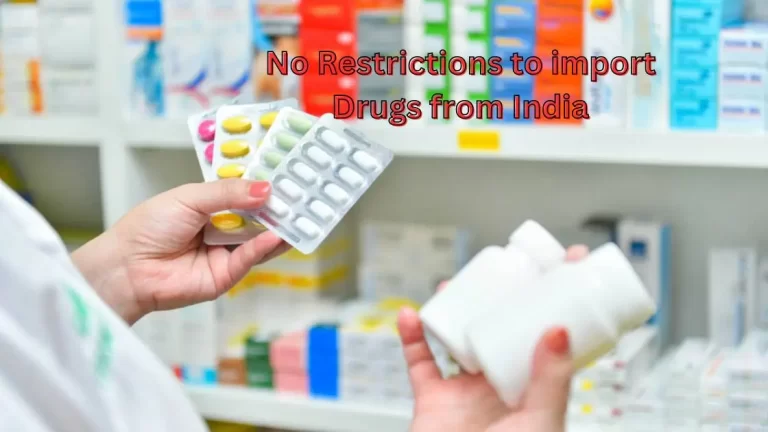Health Experts Call for Higher Taxes on Sugary Drinks in Budget
By: Omed Hajjana
In a significant development, health experts, nutritionists, public health activists, and civil society organizations have come together to advocate for higher taxes on sugary drinks in the upcoming financial budget for 2023-2024.
They are unanimously pressed the government to impose over 50% taxes on sugary drinks and sugar-sweetened beverages.
The concern shared by these dedicated professionals stems from Pakistan’s alarming ranking as the top country worldwide for diabetes. Pakistan Faces Rise in HIV, Registers 566 New Cases
Why Should Taxes on Sugary Drinks Be Raised
The impact is predominantly felt among the adult population, which is grappling with this chronic disease.
They term these drinks the major reason of the rise in obesity and various related ailments, including diabetes, ischemic heart diseases, and stroke.
To address the heavy burden of these diseases on the nation, they are appealing to the Federal Board of Revenue (FBR) and the Ministry of Finance to increase the federal excise tax on all categories of sweetened drinks in the forthcoming finance bill for 2023-2024.
Their plea comes with a resounding call to prioritize public health over corporate interests, advocating for higher taxes on all sweetened beverages, encompassing sodas, energy drinks, fruit juices, flavored milk, iced tea, squashes, syrups, and sweetened powders used to concoct beverages.
The experts have voiced concerns about the a significant threat to the country’s economy. The management and treatment of diabetes alone incurred an estimated cost of $2.64 billion in Pakistan during 2021, exerting tremendous pressure on both the economy and the healthcare sector.
A prominent researcher, Munawar Hussain, a consultant at the Global Health Advocacy Incubator (GHAI), has backed imposition of higher taxes on drinks.
He has emphasized that this policy measure is essential to curbing their consumption, reducing obesity rates, and mitigating the associated health risks.
Referring to a modeling study conducted by the World Bank, Hussain highlights the potential positive impact of a 50% increase in the Federal Excise Duty (FED) on all sugary beverages.
This measure could generate an annual economic value of $8.9 million in terms of improved health outcomes, resulting in 8,500 Disability Adjusted Life Years (DAILYs) gained. Furthermore, the average annual tax revenue would soar to $810 million over the next decade, allowing the government to allocate more substantial budgets to public health programs and nutrition education.
Sanaullah Ghumman, the Secretary General of the Pakistan National Heart Association (PANAH) has drawn attention to the severity of the diabetes crisis.
As many as 30.8% of the country’s adult population has suffered from this disease. This rate was higher compared to all other neighboring countries.
Neighboring countries like India, Iran, China, and Sri Lanka suffer from lower diabetes rates compared to Pakistan.
Other countries like United States, Turkey, Bangladesh, Saudi Arabia, and Canada have also reported different percentages of their populations grappling with this chronic condition.
Media reports suggested that neighboring countries like India and Saudi Arabia had already implemented substantial taxes and levies on sugary drinks.
The Indian government has imposed a 40% tax on these beverages to combat non-communicable diseases, obesity, and diabetes.
Reports also suggest that countries in the Middle East, including Saudi Arabia and Oman, have implemented a 50% Federal Excise Duty (FED) on sugary drinks.
Notably, on May 24, the Senate Standing Committee on Finance and Revenue convened, inviting Pakistan’s major businesses to present their proposals and recommendations for the upcoming budget.
During the committee deliberations, Aisha Sarwari, the Director of Public Affairs for Coca-Cola, made a plea to the committee members. She urged them to consider reducing the withholding taxes on sugary drinks from 20% to 16%. Sarwari cited a significant decline in sales for the company since the government raised tax rates in February.
She expressed concern about the negative consequences of high tariffs on sugary drinks, including job losses and a decline in foreign investments totaling approximately $150 million in Pakistan.
The voices of these experts and stakeholders call for addressing the issue of sugary drinks that had posed serious threat to the public health.
Their collective call for increased taxes and levies on these beverages aims to deter their consumption, promote healthier choices, and allocate resources to vital public health programs and education.
The experts have suggested the government to increase tax rate on sugary drinks in the upcoming 2023-2024. This decision will help to protect the masses from chronic diseases.








